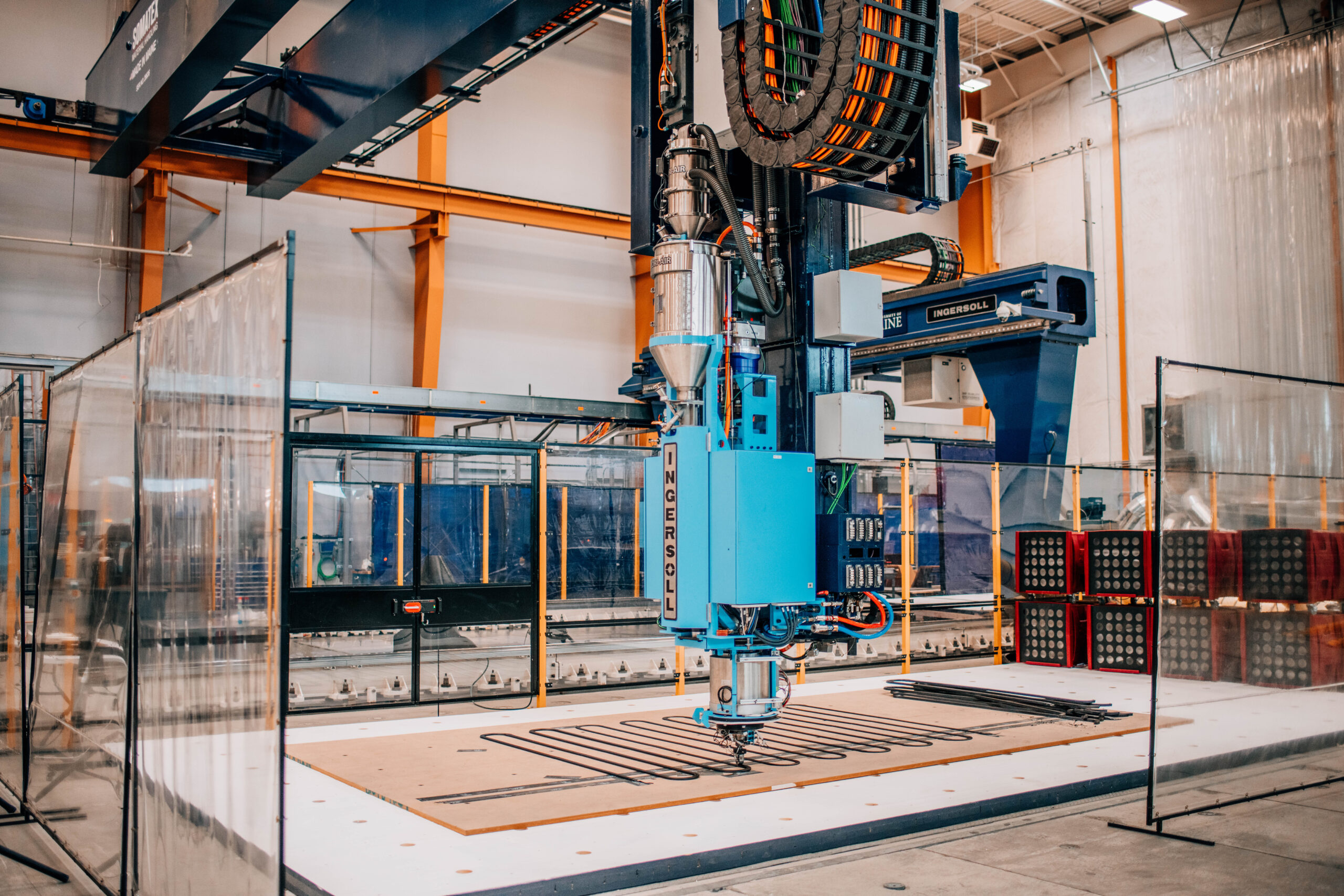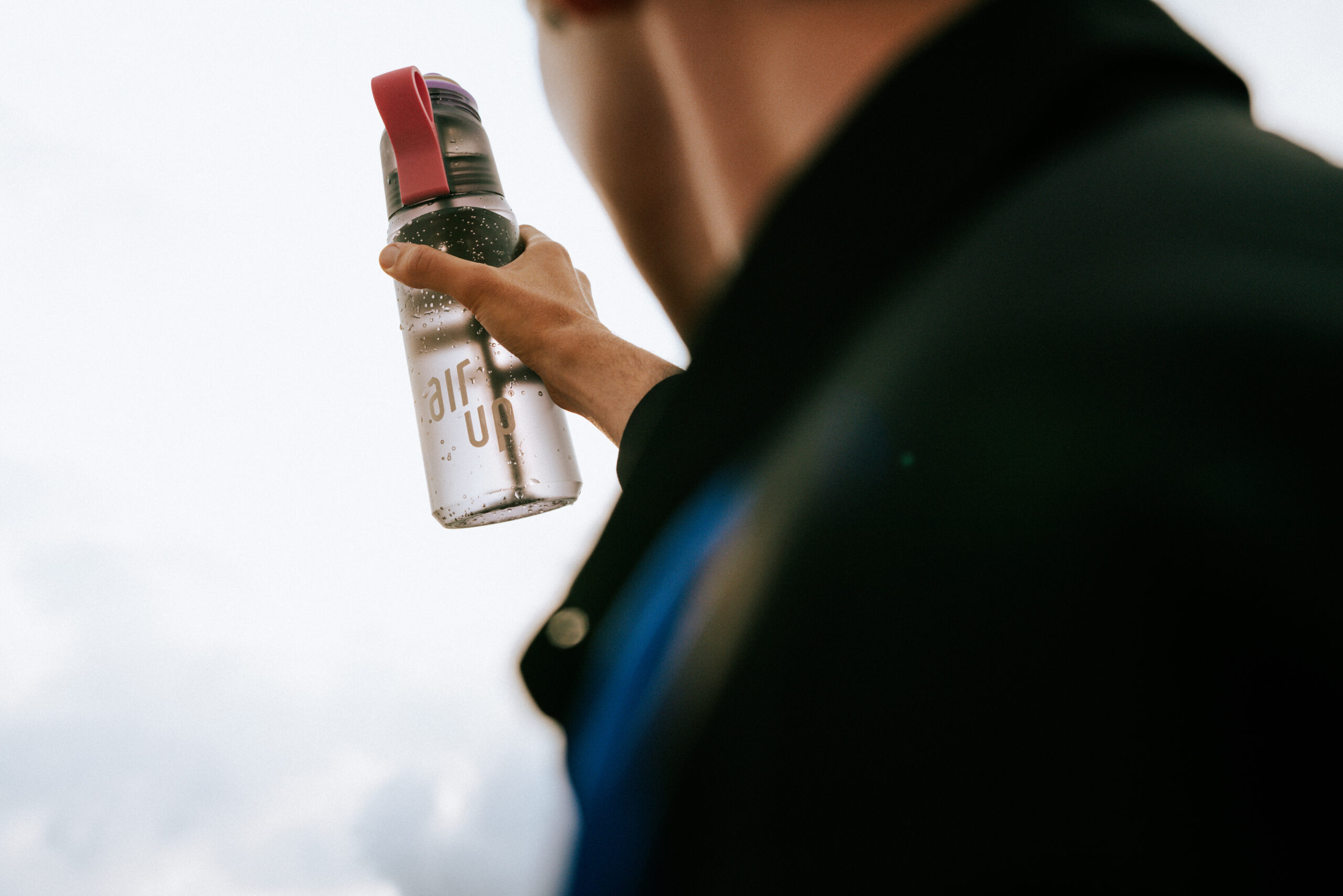The University of Maine has revealed the largest 3D printer in the world. Named Factory of the Future 1.0 (FoF 1.0), this colossal printer can produce items measuring up to 96 feet long, 32 feet wide, and 18 feet high, at a rapid pace of 500 pounds per hour. Factory of the Future 1.0 was revealed by UMaine to representatives from a number of agencies, including the Department of Defense and the Department of Energy.

This advance could revolutionize several industries by providing a cost-efficient and eco-friendly manufacturing method in areas such as national security, housing, bridge construction, and marine vessel fabrication. One of the promising applications for the printer is utilizing biobased feedstocks from wood residuals, which are abundant in Maine. (Tech Radar)
Turning a business green may not be easy, but Selfridges sees it as an adventure and wants customers to join the ride. The store set a target of ensuring that at least 45 percent of its transactions (excluding food, restaurants, and homeware) come from recycled products or circular services.
The store is “adamant” that the five “Rs” of its ReSelfridges circularity strategy – resale, rental, repair, refills, and recycling – all be customer-facing and easy to understand and execute. (WWD)
air up®, pioneer of the world’s first scent-based hydration tool, has announced the much-anticipated US release of its second-generation Polymer Adapter Bottle (Gen2 PAB). Winner of the iF Design Award, the new and improved product is now leak-free, dishwasher-safe, and sustainable, comprised of 50% recyclable materials.

Designed for people aiming to drink more water, especially those who struggle to do so, air up® serves as both a water bottle and a beverage—it’s a healthy alternative when drinking plain water tastes bad or feels like a chore. With a diverse range of flavor pods, air up® empowers users with freedom of choice, enhancing personalization and seamlessness. (air up)
From California to Europe, the fashion industry is bracing for a wave of legislative change that aims to promote sustainability and ethical accountability. Sourcing Journal’s Sustainability Report laid out some of the key laws, like the Americas Act, a landmark legislation harnessing the economic potential of the Western Hemisphere.
Introduced by Senators Michael Bennet (D-Co.) and Bill Cassidy (R-La.) in March, the legislation seeks to facilitate onshoring and reshoring, expand free-trade agreements, and drive enforcement efforts against illicit goods made with forced labor. Most notably for the fashion industry, the Americas Act earmarks $14 billion in incentives to accelerate innovation in circular apparel, footwear, accessories, and home textiles, including models that promote reuse, repair, rental, and recycling. (MSN)



